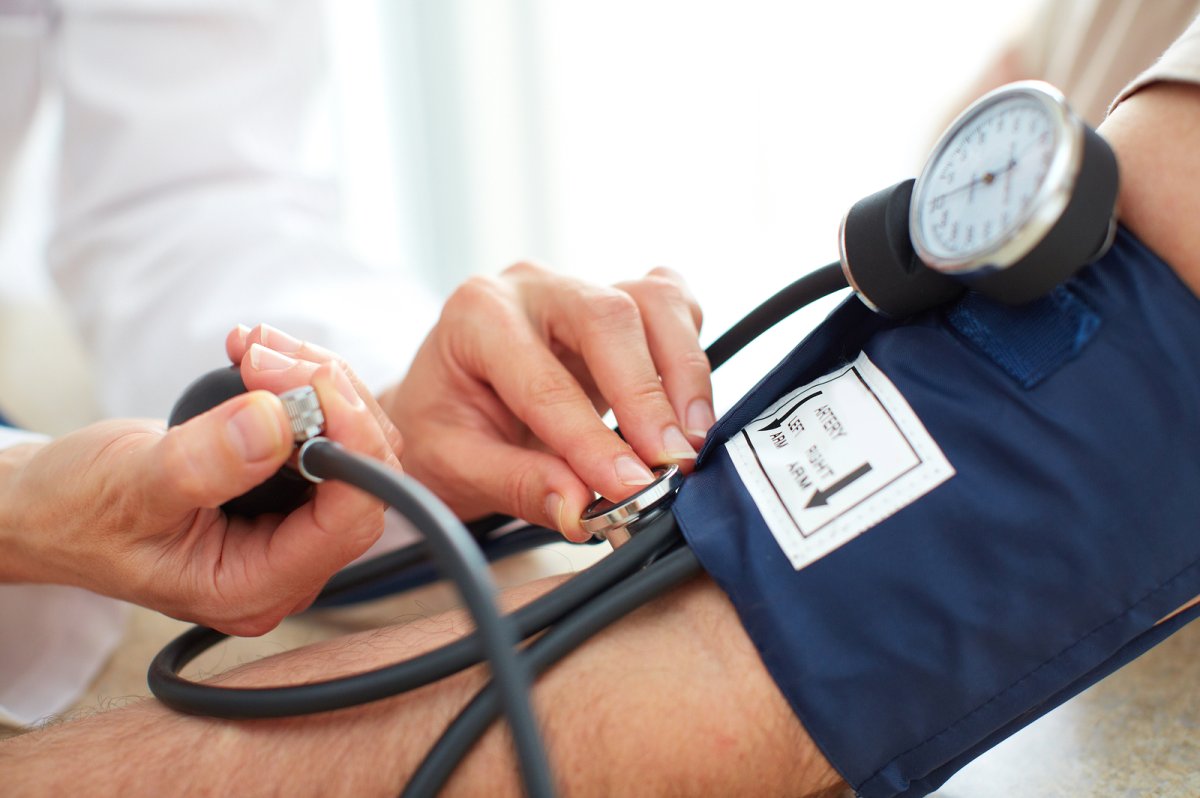Lifestyle Changes Improve Resistant High Blood Pressure

High blood pressure, also known as hypertension, is a common cardiovascular condition that affects millions of people worldwide. While medication is an effective treatment for most people with high blood pressure, some individuals may have a type of hypertension that is resistant to medication. Such individuals are said to have resistant hypertension.
The good news is that a recent study has found that lifestyle changes can help reduce blood pressure among people with resistant hypertension. The study, which was conducted by a team of researchers, found that supervised lifestyle changes, including dietary changes, group counseling, and a cardiac rehabilitation exercise program, produce similar results as medications in reducing high blood pressure.
The results of the study are significant because they show that lifestyle changes can be an effective alternative to medications for managing resistant hypertension. This is particularly important because medications for hypertension can have side effects, and some patients may experience adverse reactions to them.
The study involved 126 patients with resistant hypertension, who were randomly assigned to either a lifestyle intervention group or a medication management group. The lifestyle intervention consisted of supervised dietary changes, group counseling, and a cardiac rehabilitation exercise program, while the medication management group received standard care for hypertension, including medication management by a physician.
After six months, the researchers found that the lifestyle intervention group had significant reductions in blood pressure, with an average drop of 13 mmHg in systolic blood pressure (the top number) and 5 mmHg in diastolic blood pressure (the bottom number). In contrast, the medication management group had an average drop of 11 mmHg in systolic blood pressure and 4 mmHg in diastolic blood pressure.
The study's lead author, Dr. Daniel Jones, a professor of medicine at the University of Mississippi Medical Center, said that the results show that lifestyle changes can be a "potentially powerful and safe alternative to medications" for managing resistant hypertension.
"These results suggest that lifestyle changes should be explored as a first-line treatment for resistant hypertension, along with careful medication management," he said.
The findings of the study are consistent with previous research that has shown that lifestyle changes, such as a healthy diet, exercise, and stress reduction, can help reduce blood pressure in individuals with hypertension. However, this is the first study to specifically examine the effects of lifestyle changes on resistant hypertension.
The study has important implications for healthcare providers and patients. Healthcare providers should consider lifestyle changes as a first-line treatment for resistant hypertension, and patients should be encouraged to make lifestyle changes to lower their blood pressure.
For patients, making lifestyle changes can be challenging. The lifestyle intervention in the study was supervised, which may not be feasible for all patients. However, there are steps that individuals can take on their own to improve their lifestyle, such as:
- Eating a healthy diet: A healthy diet that is low in salt, saturated fat, and processed foods can help lower blood pressure.
- Exercising regularly: Exercise can help lower blood pressure, improve cardiovascular health, and reduce stress.
- Managing stress: Stress can cause blood pressure to rise, so it's important to find ways to manage stress, such as meditation, yoga, or deep breathing exercises.
- Quitting smoking: Smoking can raise blood pressure and increase the risk of heart disease and stroke.
In summary, the study has shown that lifestyle changes can be an effective alternative to medications for managing resistant hypertension. While the lifestyle intervention in the study was supervised, individuals can take steps on their own to improve their lifestyle and lower their blood pressure. Healthcare providers should consider lifestyle changes as a first-line treatment for resistant hypertension, and patients should be encouraged to make lifestyle changes to improve their health.